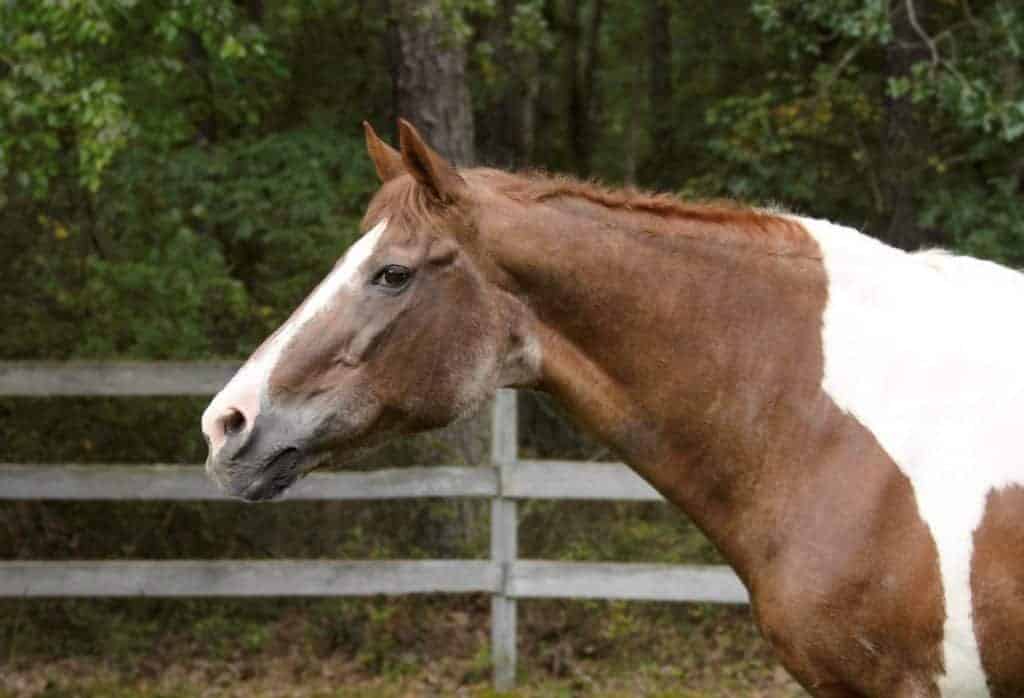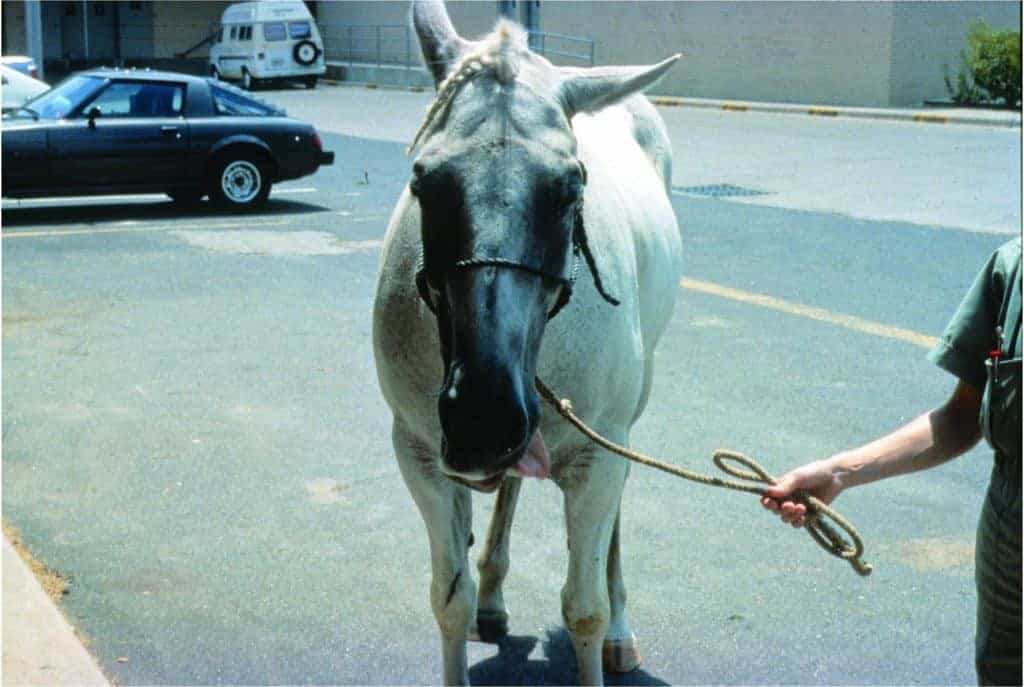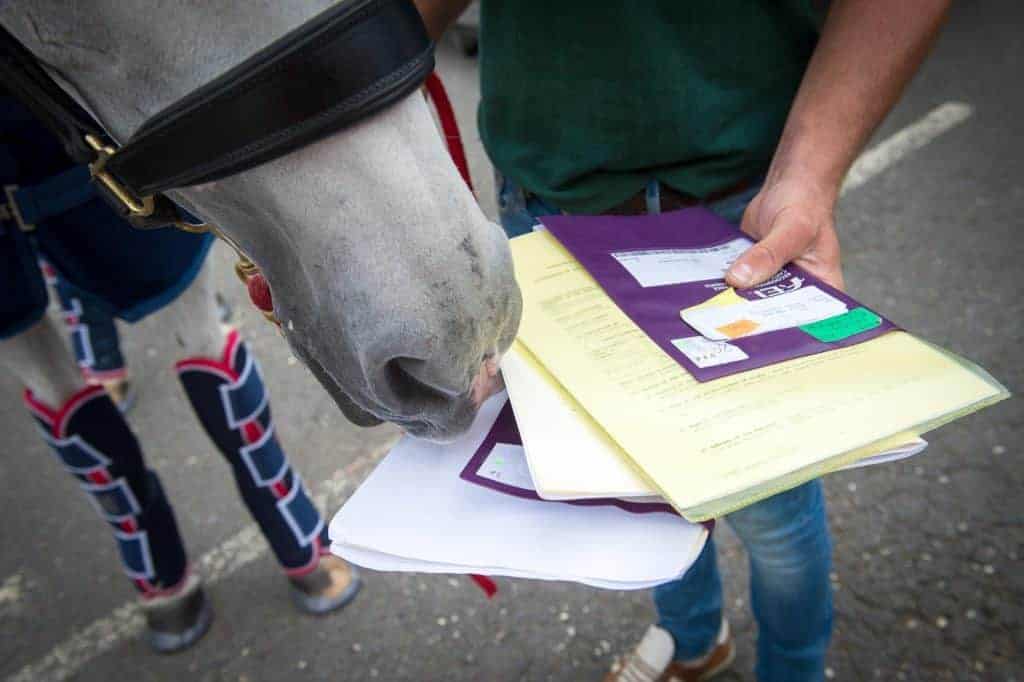
Equine West Nile Virus Threat Remains
West Nile appeared in the United States in 1999, but it remains a serious horse health threat. Here’s how to combat it.

West Nile appeared in the United States in 1999, but it remains a serious horse health threat. Here’s how to combat it.

The affected horse, an unvaccinated 10-year-old Saddlebred gelding from Wythe County, was euthanized.

Of the 274 respondents, 201 (73%) said they are most concerned about West Nile virus.

The affected horse, a vaccinated yearling Thoroughbred filly, is recovering.

There were nine recorded cases of EEE in horses in North Carolina in 2016.

Vaccination and biosecurity can help keep your horse healthy when you take him off the farm.

With heavy rain and snowfall earlier in the year, mosquito habitats and breeding sites with standing water are abundant.

The map displays the historical rabies data for all species affected in Kentucky over the past 27 years.

The report includes figures on equid use, vaccination, equid mortality rates, EIA testing, and more.

Horses on two epidemiologically linked premises in Weld County have also tested positive.

With an early diagnosis and prompt treatment, horses can improve significantly and could return to normal activity.

In 2016 Washington had 27 confirmed equine WNV cases, seven of which died or were euthanized.
The state Department of Agriculture is working with the equine industry and veterinarians to contain the diseases.

In 2016 Wisconsin confirmed 19 EEE cases and seven WNV cases in horses.

The horse has been euthanized and the index facility has been quarantined pending results of further testing.

The OIE has described management “pillars” to keep most diseases at bay for high-health, high-performance horses.
Stay on top of the most recent Horse Health news with
"*" indicates required fields